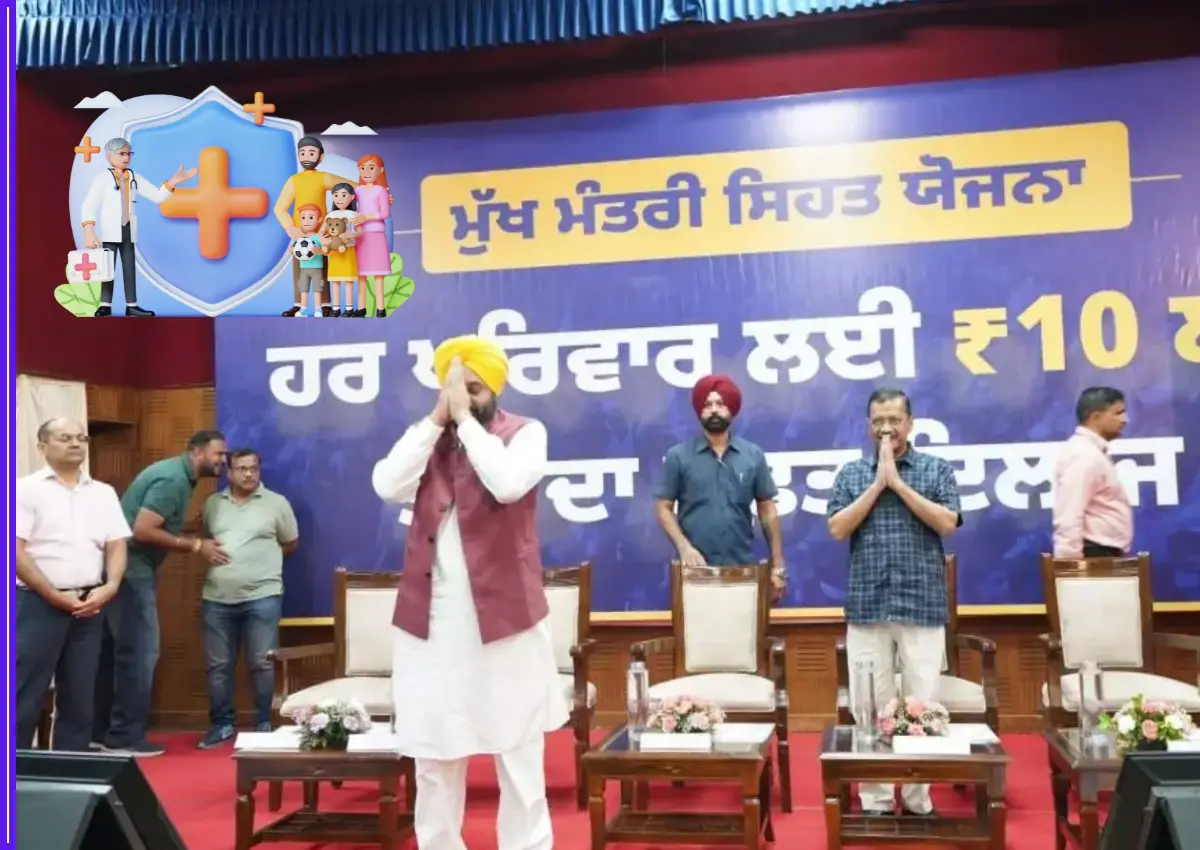Nidhi Pant is a young woman who wants to aid women farmers by assisting them in maintaining the quality of their produce. She is working hard to improve the lives of farmers by addressing the problems they experience on a daily basis at the age when individuals are just starting to explore the realm of swipe right. Longer shelf lives were merely a goal and a dream for many farmers up until Nidhi Pant made the decision to act and enter the picture.

The silent crisis
India is the second-largest producer of fruits and vegetables in the world, but due to a disorganised and fragmented supply system, more than 40% of the produce is wasted. The nation bears a yearly loss of around $14 billion. Cultivators are still being forced into poverty in the meantime.
Innovating for change
Chemical engineer Nidhi Pant, who resides in Aurangabad, created S4S (Science For Society) Technologies, a platform for food processing, to help farmers extract the most value possible from the produce they grow, which would otherwise be sold at throwaway prices or allowed to rot on the farm.
You will discover that the farmers are not receiving a fair price for their produce if you go to the farmgate. The expense of harvesting can occasionally exceed the yield. They don’t even harvest the produce; they just leave it. This issue is really significant. The 30-year-old, who is from the Rudraprayag area of Uttarakhand, said, “I have seen it in Mumbai mandi (market) and also in my village.
The fact that this produce is being squandered on the one hand and that farmers are unable to access distant markets on the other, she continues, is a huge dilemma.
Nidhi founded the company in 2013 with the help of her six college friends. They have developed a platform that uses its patented solar-powered food processing system to transform farm losses (lower-quality produce) into culinary ingredients.
As someone with an agricultural background, Nidhi is aware of the daily struggles encountered by farmers in rural areas. Her father, a former farmer who eventually pursued a career in science, served as an inspiration to her.
“My parents used to say that helping others helps us rise. They helped me comprehend the issues facing the farmers. Geographically, Uttarakhand is quite unstable. Natural disasters like landslides and floods frequently destroy crops, which has an impact on people’s quality of life, she claims.
Nidhi Pant was always eager to give back to society and work for its advancement. She desired to innovate and create scientific solutions for farmers or the agriculture industry using her skills in chemical technology.
Empowering Women at every steps
Nidhi is achieving this while simultaneously empowering women because she works closely with small-scale female farmers at every stage. Women procure the aesthetically flawed produce from female farmers and offer it to female micro-entrepreneurs, who turn it into value-added products using innovative solar-powered food processing equipment. For example, tomato is transformed into tomato powder, onion is transformed into onion flakes, and ginger is transformed into ginger granules.
Solar Powered Transformation
Dehydrators and cutting devices powered by solar energy eliminate moisture from produce in 6 to 8 hours without the need of chemicals. According to Nidhi, women use these machines to transform farm produce into non-perishable goods while preserving its color, aroma, and up to 95% of its nutritional value.
The produce is transported to a central location, where quality control procedures are used to grade, sort, and make it suitable for clients. It is packaged and given to companies in the food and beverage sectors, such as Sodexo and Indian Railways.
Farmers now have a direct market for inferior produce because to this. While women micro-entrepreneurs have experienced a rise in their income of up to 200 percent, they have only witnessed a growth of 10 to 15 percent, she says.
Changing Lives
Nidhi finds it quite satisfying to observe how the work improves the lives of rural women. “These women, who were initially insecure and had little say in the family, are now assuming leadership roles, building wealth for themselves, taking on more responsibility in the home, lessening their load, and earning the respect of their kids. They now provide for their families, so they are no longer the last to eat.
For instance, Shobha Ramesh Rathod, a micro-entrepreneur with the business for the previous three years, was able to build a respectable life for herself. “In the past, I lacked a home of my own. Now that I have built a nice house, Abhi mast makaan bana liya hai. The 32-year-old, who makes up to Rs 24,000 a month, says she is now in charge of the home.
She prepares value-added goods from fruits and vegetables, like onion, tomato, and ginger, by cutting and drying them and giving them to the business.
Scaling Up
In Maharashtra, Odisha, and Andhra Pradesh, more than 6,000 smallholder farmers and 2,000 women business owners have gained empowerment similar to that of Shobha.
Nidhi received the Cisco Youth Leadership Award 2022 from Global Citizen and Cisco, as well as the Women Transforming India Awards from NITI Aayog and the United Nations (UN) for her efforts to improve people’s lives and means of subsistence. Also included in Forbes’ 30 Under 30 lists for Asia and India is her.
The Women Climate Collective (WCC), a pan-Indian organisation that aims to inspire women-inclusive actions and results, has welcomed 16 climate champions, including Nidhi, to its ranks. “This collective is assisting in giving my microbusiness owners a voice. These grassroots women are all agents of change. I can share their tails on a bigger stage, she continues.
Final Thoughts
In essence, Nidhi Pant’s story shows the effectiveness of creativity, tenacity, and social entrepreneurship in overcoming significant obstacles. Her initiatives not only lessen food waste but also empower women, change neighbourhoods, and serve as a shining example of how people can have a beneficial influence on both the environment and society.





